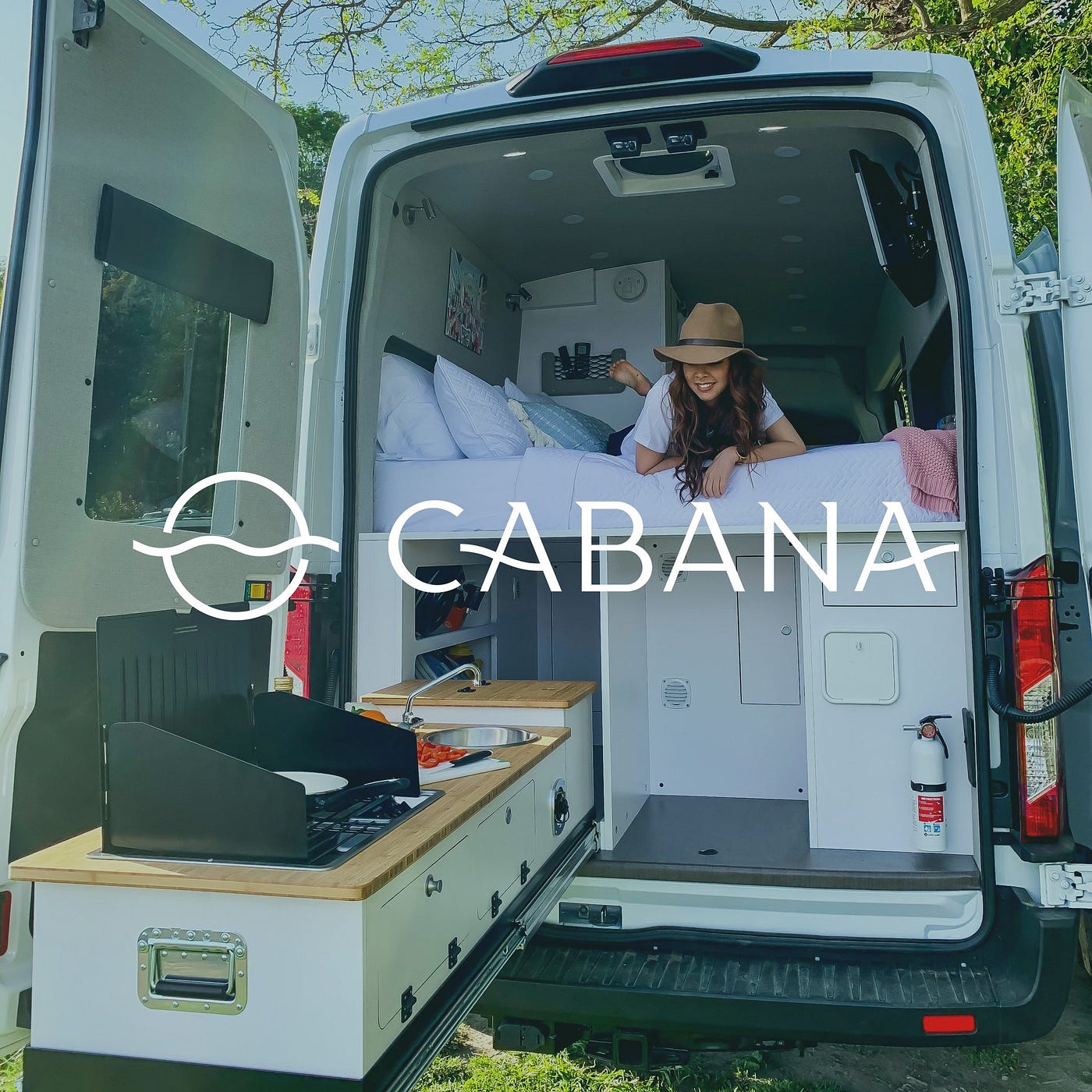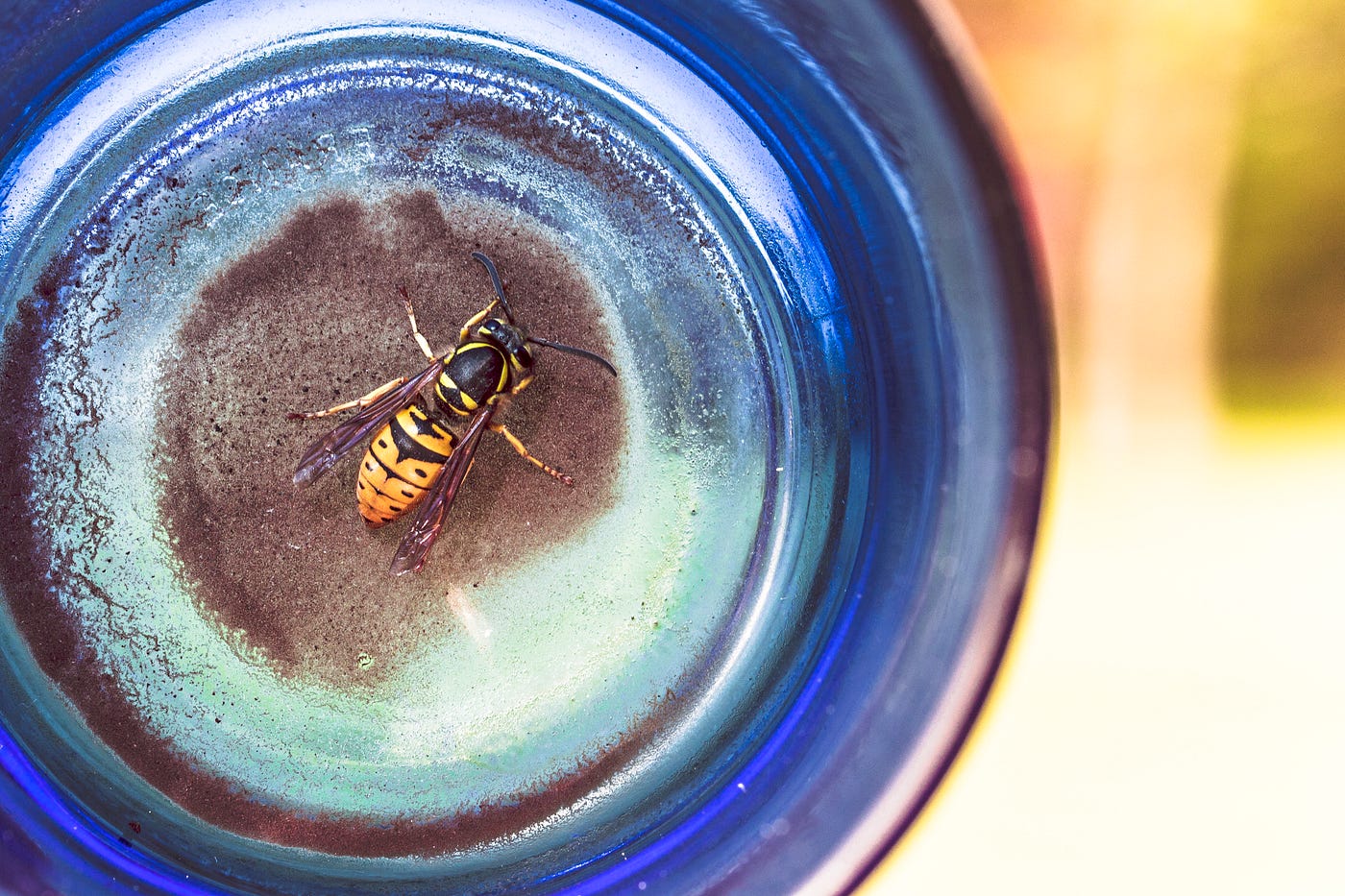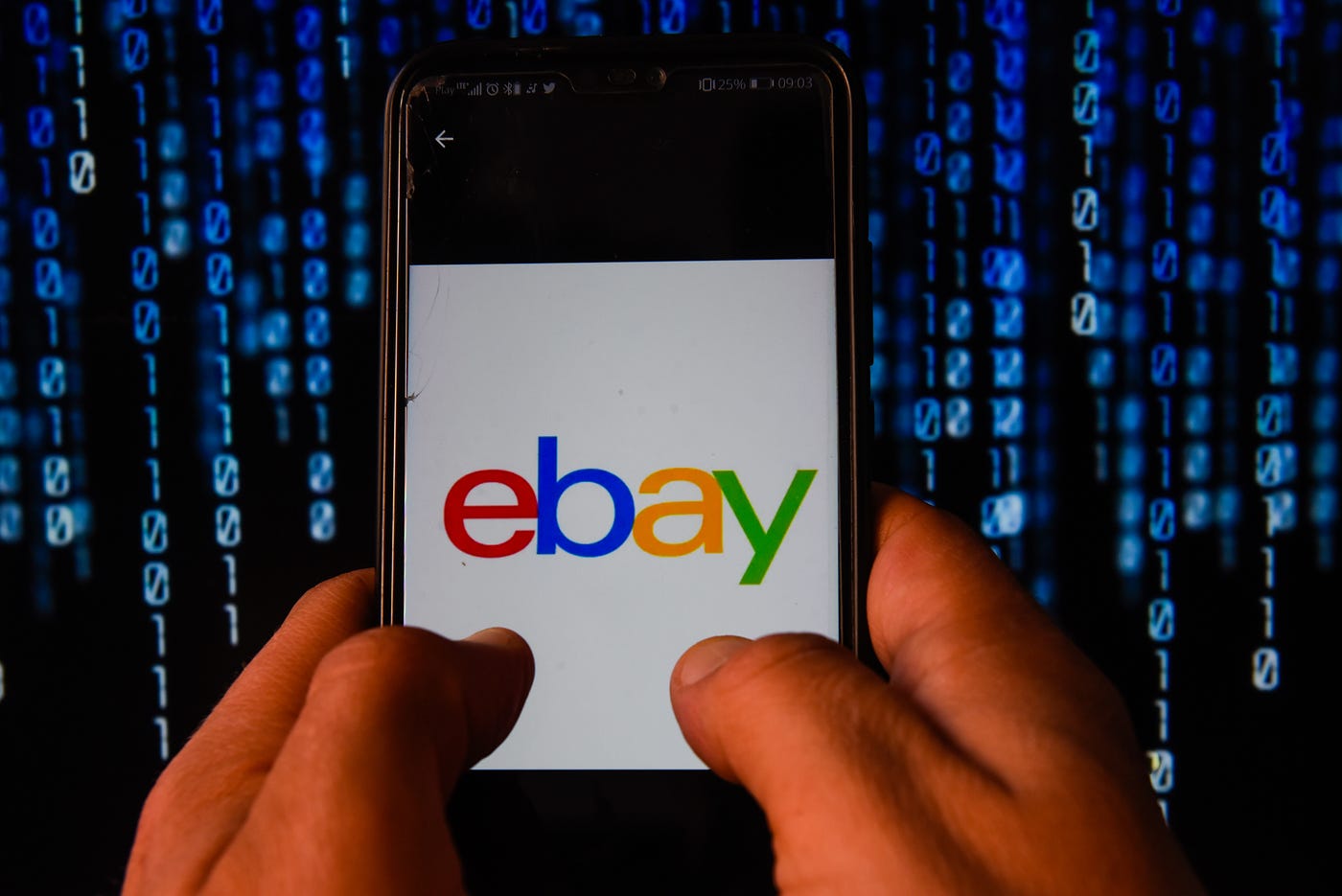The Weirdest Shit to Come Out of Silicon Valley

We’ve officially passed the 100-day mark for shelter in place, and don’t we know it? Globally, people are starting to adapt to this new normal, which has prompted a whole new level of weird shit, so much so that Barbie has her own weird shit spectrum. Seriously. We’ve seen comedian Sara Schaefer’s Barbie’s Quarantine Dream House video, the influencer Grandma Gets Real designed “Essential Worker” Barbie dolls, and (in wonderful news), Mattel announced Barbie’s latest Dream House includes a wheelchair-accessible elevator. I think they call this Phase 4?
To the surprise of no one, social distancing is the theme for this month’s Two Truths and a Lie, the Silicon Valley Startup Edition. Can you guess which of the following startups is fake:
- One that’s developed an app to gamify social distancing
- One that delivers on-demand work-drinks-from-home packages for businesses
- One that provides virtual babysitters to tired parents
Scroll to the bottom for the answer. And enjoy this month’s edition of “Weirdest Shit to Come out of Silicon Valley” below.
Know of some ridic stuff happening in tech? Email, DM, or tweet me to include it in next month’s edition.
Cabana, the $200-per-night Glampervan

New to the “we’re so bored with shelter in place” parade is Cabana, a startup that rents its self-billed “luxury campervans” to people who want to peace out of sheltering at home and hit the open road.
Each white Cabana van is fitted with a memory foam queen mattress, a 24-inch TV, bamboo toilet paper (LOL), a coffee maker, and in-van Wi-Fi. Users pay around $200 (plus taxes) a night for the privilege of parking your butt inside this van. “Why shelter in a place when you can shelter in paradise?” David Sacks, an investor in Cabana, told TechCrunch. They’ve raised $3.5 million so far for their self-described “boutique hotel in the back of a van.” I wouldn’t go that far — it’s still a van, folks — but given my level of stir craziness, they’re becoming a more attractive proposition every day. Cabanas are available to rent in Seattle, and the company plans to expand into California and Denver later this year.
On-demand bees

In agriculture, bees are used to pollinate crops, and there’s a flourishing business of beekeepers who supply beehives to farmers. But bees are temperamental creatures. The 2020 Oscar-nominated documentary Honeyland is a perfect example of that; when beekeeper Hatidze Muratova was forced to move her colony, all her honeybees perished. To prevent a bee-pocalypse, hives need a lot of specialist manual attention to keep them healthy, and it’s hard for beekeepers to monitor every single hive simultaneously.
That’s why there’s so much buzz around BeeHero, an Israeli startup that supplies a plug ’n play honeybee management platform to beekeepers and farmers. They just raised a $4 million seed round to expand into the U.S. The company deploys smart sensors to numerous hives to track the many variables of hive health, including temperature, humidity, sound, and queen bee stressors. This information can be used to make decisions about honeybee health without necessitating an in-person visit to every hive. “We’ve seen increases in yield of 30–35% in soybeans, 70–100% in apples and cashews in South America,” CEO Omer Davidi told TechCrunch.
Swissdigital’s massaging backpack of our dreams
Traveling anywhere seems really strange right now, but one day, the world will open up again and commuting and work-related back pain will be topical again. Le dream.
When that day comes, Swissdigital massaging backpacks should be top of your back-to-life gift list. Released in early June, these backpacks are the dream accessory for your weary shoulders. They’re available in multiple styles, including the $89.99 Katy with rose-gold accents and the $119.99 Zion, sans decoration.
Each backpack is equipped with four built-in vibrating massagers, to cover the upper and lower back, and are powered by a removable power bank. Different modes (back, shoulders, or both) can be selected by pressing a button on the side of the bag, and Swissdigital suggests users adjust the shoulder straps to change the massage intensity.
As someone with perpetual back pain, this seems like an amazing solution. Never mind the office, this has so many potential use cases — surely it could double as a diaper bag, a picnic bag, a hiking bag? When don’t people need a nice massage? Sure, I’m skeptical the battery has the juice to do much massaging, but I’m happy that people are innovating in this area.
eBay’s war against a reviewer involving cockroaches and a bloody pig mask

Settle in folks; this tale reads like an HBO drama. On June 15, six former eBay executives were charged by the Department of Justice with harassing a suburban Massachusetts couple, reports the Wall Street Journal. Since 1999, David and Ina Steiner had run the EcommerceBytes blog, where they reported on online selling. In 2019, eBay chief executive Devin Wenig and eBay chief communications officer Steve Wymer apparently became enraged with the Steiners’ critical review of Wenig’s comments at a shareholder meeting.
Somehow, the ego-bursting blow of a blog post not being super cuddly led to a large-scale takedown operation of this couple, purportedly masterminded by James Baugh, eBay’s former senior director of safety and security, and David Harville, eBay’s former director of global resiliency, among others. Their harassment included mailing the couple unpleasant eBay-purchased parcels that included live cockroaches, a bloody pig mask, and a funeral wreath. They also mailed porn to the couple’s neighbors with the couple’s name on it and signed them up to weird mailing lists, like “Cat Faeries” and “the Satanic Temple.” “We are going to crush this lady,” one of the eBay executives apparently texted.
I had to read this WSJ article twice to get my head around the fact that this American Psycho shit is taking place for realz. Like, what the actual fuck? This type of tyrannical behavior is why the world is in such a crisis today. This is pig shit.
Wildgrain’s sourdough subscription

Bread-making is one of the surprise hits of the shelter in place space, with people across the world seeking out starters and sharing bread making tips. Enter Wildgrain, a subscription sourdough startup from Boston that delivers three types of loaves, plus pastries and pasta, for $79 a month. Apparently, they want customers to enjoy eating their bread, not struggle to make it. I would think that takes away from the challenge/craft, but what do I know? They’re looking at delivery on the West Coast next.
Facebook’s pandemic-free paradise groups

Wouldn’t it be nice to pretend the last three months of pandemic living were an awful nightmare? Apparently, some people are doing just that in this Facebook group, perfect for people who wish their biggest decision was waiting in line for the bathroom or deciding how many dollars to tip the bartender. There’s a growing number of coronavirus-created escapism groups on Facebook, reports The Atlantic, including “A group where we all pretend to be running late or have to cancel plans” and “A group where we all pretend to work in the same RESTAURANT.”
In these groups, pandemic chatter is not allowed. If you mention Covid-19, you’re out. Instead, discussions remain in fantasy land and include dealing with annoying customers, poor tippers, and whose turn it is to clean the bathroom. The mundane tedium of these topics is the groups’ allure — those little parts of life that people took for granted have now become coveted experiences.
Answers to Two Truths and a Lie:
The on-demand work-drinks-from-home packages is the fake one, but someone should get on that. The app SoloCoin rewards users with virtual tokens for staying home (using the phone’s GPS, accelerometer, and geo-fencing to confirm that), and participants can exchange their tokens for discounts at Netflix, Amazon, and local businesses. Virtual Babysitters Club and other startups provide online babysitting.
Sign up for The Bold Italic newsletter to get the best of the Bay Area in your inbox every week.







